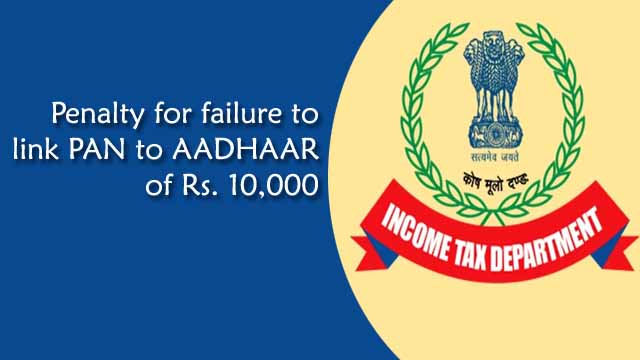Category:Income Tax Return,Income Tax Portal
Tags : Income Tax Portal Income Tax Return
All persons having taxable income have to file an Income Tax Return (ITR). You have to do this work on a certain date.
Who should file ITR? You need to submit ITR if:
Your income must exceed a certain deduction limit. The basic exemption limit is Rs 250,000 for the elderly (60 to 80 years of age), Rs 50,000 for the very old (80 years and above) and Rs 25,000 for all others.
need to claim income tax refund;
I am ordinarily resident for the financial year and I have foreign assets which should be reported on ITR. These assets include foreign bank accounts, foreign assets, financial assets, signatories etc.
(1) Has paid an electricity bill of Rs.1 million or more during the financial year (2) Has deposited Rs.1 million or more in one or more checking accounts (3) Has traveled abroad for more than Rs.2 lakh
Apart from these mandatory reasons, we encourage you to file ITR. This is because tax returns are required for visa applications, bank loans, etc. Every year, the Central Board of Direct Taxes (CBDT) informs you about the ITR forms for the previous financial year. The updated ITR forms were notified. The details of these ITR forms show who should use them and who should not. Let’s have a look at them.
Also read: Working from home increases the tax burden and know how
ITR 1 (SAHAJ)
Who can file?
– ordinarily resident in India;
– Total income up to Rs.5 lakh;
Income from the following sources –
Other sources of income including salary, household items and agricultural income up to Rs 5,000
The same form is applicable when the income of other family members such as spouse is clubbed with that of the taxpayer.
Who Can’t File?
– NRI/Resident but not Regular Resident;
-Hindu Undivided Family (HUF);
Ordinarily resident having a gross income of more than Rs.5 lakh;
– is a director of the company;
– investment in unlisted shares;
The loss was carried forward under the head “Income from home equity.”
– have income from other sources, for example – capital gains, income from multiple residential properties;
You have income from outside India and assets outside India.
ITR 2
Who can file?
Non-Resident/Resident Ordinarily Resident, Not Ordinarily Resident;
– HUF;
– has an income of Rs 500,000 or more;
– is a director of the company;
– investment in unlisted shares;
Income from the following sources –
Salaries, surplus housing, capital gains and other sources of income.
You have income from outside India and assets outside India.
Who Can’t File?
HUF with personal income, business income or main business income
ITR 3
Who can file?
Income from business with HUF/Individual/Professional income;
Company partners include
Who Can’t File?
Individuals and HUFs without business income or main business income
ITR 4 (Sugam)
Who can file?
Resident Individual/HUF/Corporate (Non-LLP) with business or professional income on ‘probable basis’.
Who Can’t File?
Directors of companies or individuals investing in unlisted shares
Also read: Communication with taxpayers will be through NEAC only under faceless assessment
ITR 5
Who can file?
Persons other than individuals, HUF and ITR7 filing companies
Who Can’t File?
Individuals, HUFs or Companies filing ITR 7
ITR 6
Who can file?
All companies unless specifically excluded
Who Can’t File?
Companies claiming exemption from income from charitable or religious trusts
ITR 7
Who can file?
People, including businesses with charitable or religious organizations, political parties, scientific research institutions, news agencies, hospitals, trade unions, universities, colleges and other institutions such as NGOs
Who Can’t File?
No other categories of taxpayers
Penalty for not submitting ITR on time
Penalty ranging from Rs 1,000 to Rs 10,000 will be imposed for not submitting ITR by the deadline i.e. Must be submitted before filing ITR. You should file late ITR even if your tax liability is nil.





